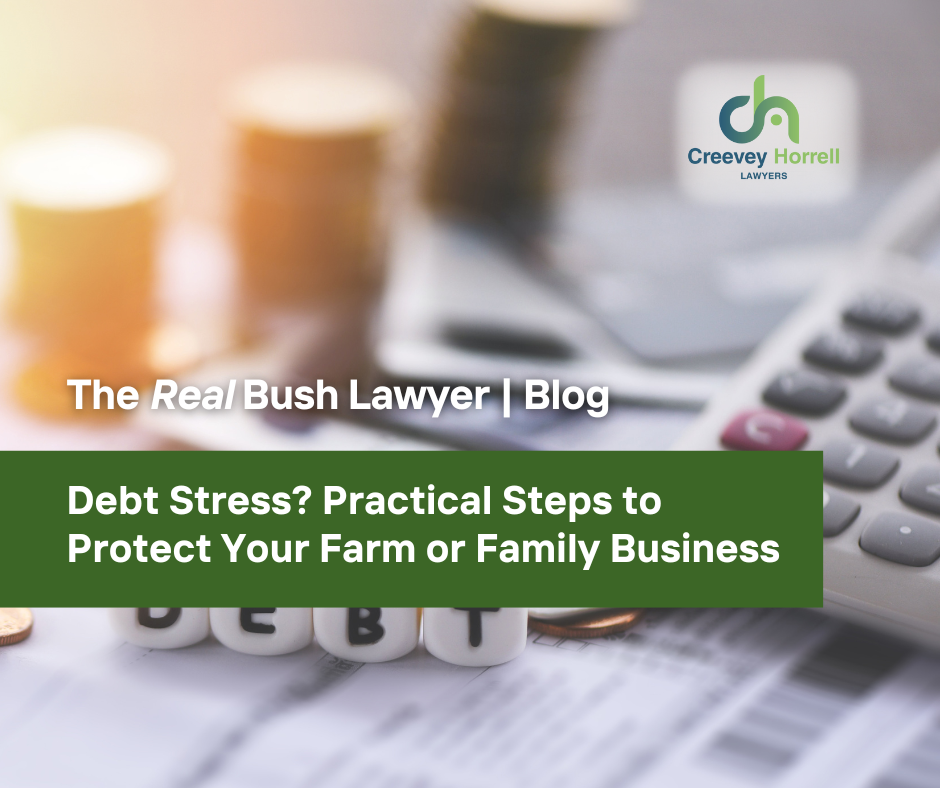Can police search you in public without a warrant?
- yyong59
- Jul 13, 2022
- 2 min read
ou are walking down the street in Cavill Avenue, and a police officer pulls you aside and advises you that they are conducting a search of you – what can you do?
When can police search you without a warrant?
The starting position is that police have no general power to search anyone on the off chance of finding something incriminating. Thus, with limited exception, police have no right to search you.
To perform a warrantless search of a person in Queensland in public, the police officer/s conducting the search must reasonably suspect any of the prescribed circumstances outlined in section 30 of the Police Powers and Responsibilities Act 2000. There are many prescribed circumstances, but for the purpose of this article, we will focus on possession of dangerous drugs, which is a commonly relied upon reason for conducting warrantless searches.
The test for whether the search will be lawful comes down to whether or not there were grounds capable of supporting a reasonable suspicion that a person is in possession of dangerous drugs. What this means is a suspicion has to be honestly held and underpinned by sufficient facts and circumstances to show this belief at the time of conducting the search. The reasonableness of the search is not determined by what is found or happens after, rather it is determined by the actual state of the police officer/s mind at the time of performing the search.
An example of the facts police will rely on to search someone suspected of possessing dangerous drugs is:
In regards to appearance – at the time of the search the person is unsteady on feet, pupils dilated, sweating, licking their lips, shaking; and/or
a sniffer dog indicates the existence of dangerous drugs.
When police are conducting a search without a warrant, they are entitled to search anything in a person’s possession (e.g. bag) for dangerous drugs.
What can you do if police perform a search of you without a warrant?
Provide your name and address, however, politely say that you’re unwilling to answer any further questions
Ask if they have a warrant to perform the search.
See if someone can record what your appearance is at the time, and specifically ask the police officer/s what facts and circumstances gave rise to them conducting the search. This evidence may be able to be used at a pre-trial hearing to determine if any incriminating evidence found can be excluded on public policy grounds.
Please contact Patrick Quinn or Hugh Tait at Creevey Russell Lawyers on (07) 3009 6555 for further information.




.png)




Comments